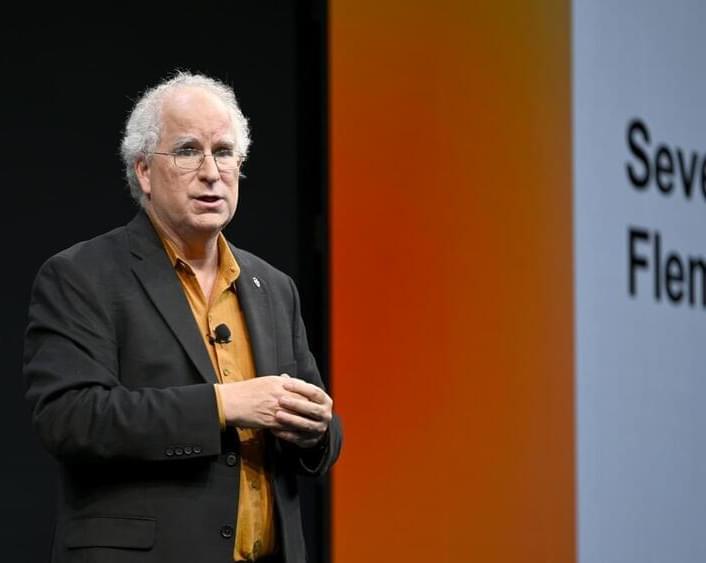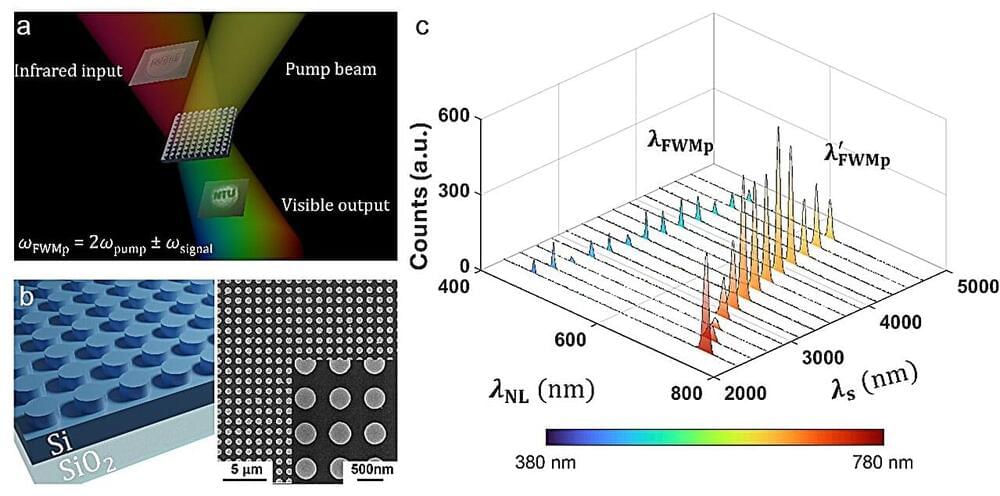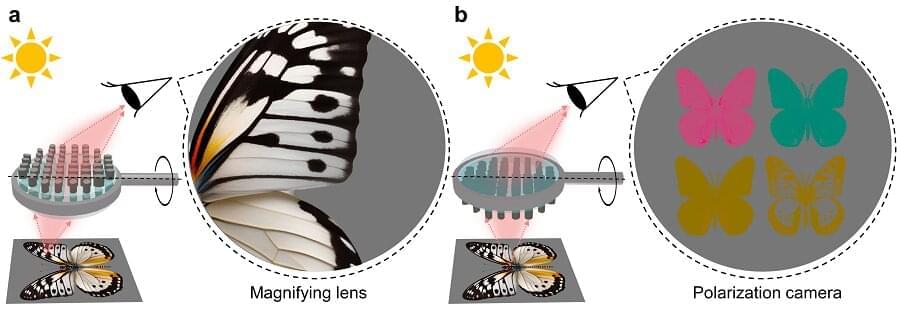Science And Engineering For Humanity — Dr. David Agus, MD — Founding Director & Co-CEO, Ellison Institute of Technology.
Dr. David B. Agus (https://davidagus.com/) is one of the world’s leading doctors and pioneering biomedical researchers.
Dr. Agus is the Founding Director and Co-CEO of the Ellison Institute of.
Technology (https://eit.org/) and a professor of medicine (https://keck.usc.edu/faculty-search/d…) and engineering (https://viterbi.usc.edu/directory/fac…) the University of.
Southern California.
A medical oncologist, Dr. Agus leads a multidisciplinary team of researchers.
dedicated to the development and use of technologies to guide doctors in making health-care decisions tailored to individual needs.
An international leader in global health and approaches for personalized healthcare, Dr. Agus serves in leadership roles at the World Economic Forum and is co-chair of the Global Health Security Consortium (https://institute.global/tags/global–…). He is also a CBS News contributor.







